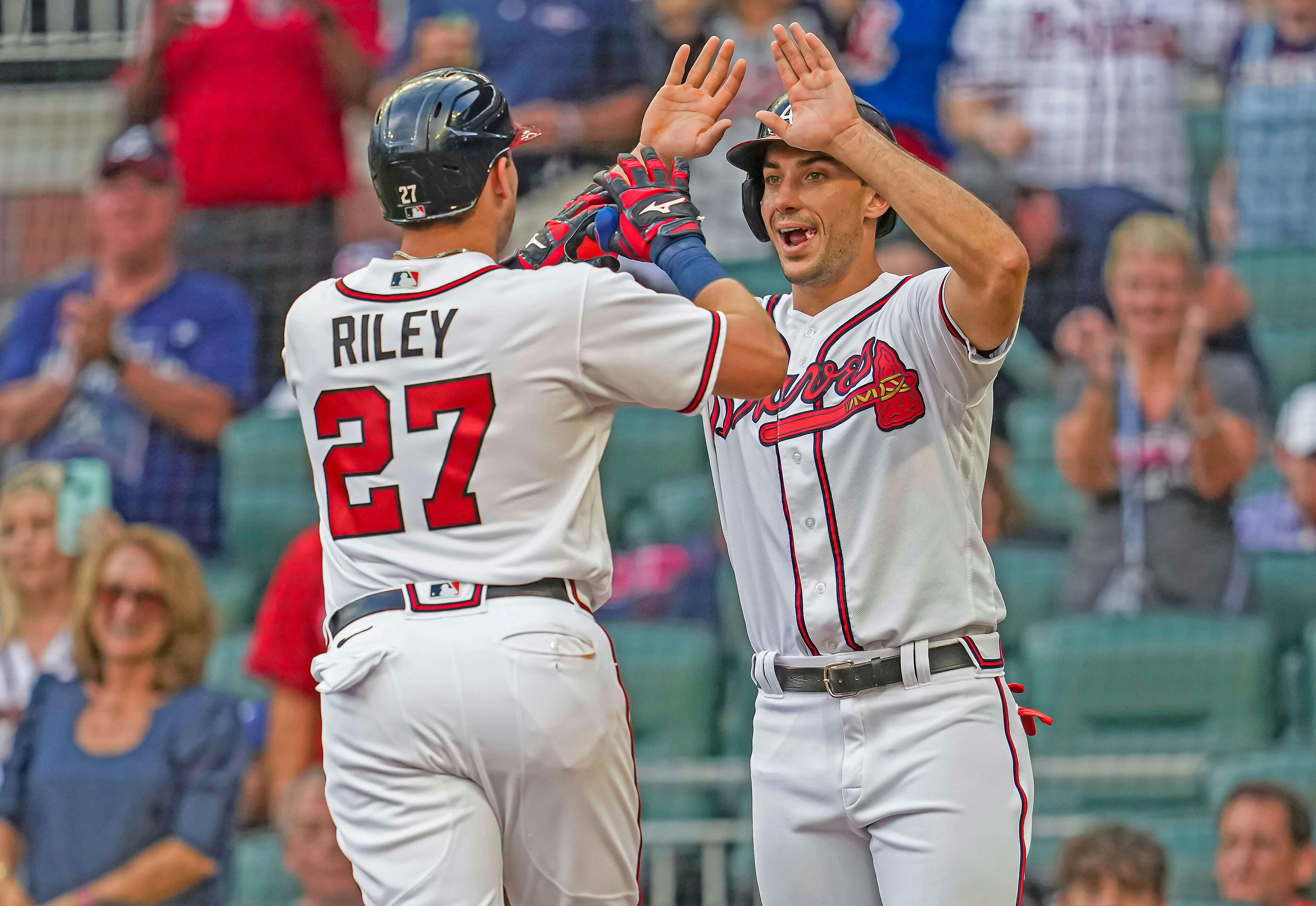Baseball Over/Unders are one of the most popular – and simple – ways to wager on MLB action and offer an excellent alternative for when you aren’t sure which team to bet on.
Over/Unders – also known as totals – set a projected combined number of runs scored for a game, and you bet on whether the final score will go Over or Under that projected total.
If you’re new to betting MLB totals and making MLB picks, we show you how to make smarter baseball bets on MLB totals during the 2024 MLB season.
How does Over/Under work in baseball
The game is in the name. Baseball Over/Under odds set a projected number of combined runs scored by the two teams in a single game. From there, bettors wager on whether the final score will go Over or Under that projected run total.
Over/Unders also have a cost attached to the bet, also known as juice or vig. The majority of totals will have a flat -110 rate attached to them, which means for every $1.10 you risk, you can win $1.00 or $110 to win $100.
The table below shows the Over/Under total set at 7.5 runs with both sides priced at -110 juice. If the game finished with a final score of 5-3 (a combined total of eight runs), those that bet the Over 7.5 runs would win their wagers, and the Under 7.5 would lose.
| Result | Odds |
|---|---|
| Over 7.5 | -110 |
| Under 7.5 | -110 |
Baseball Over/Under betting strategy
Beyond measuring up each team’s offensive output and current form, here are some fundamental baseball Over/Under betting strategies to help you make the most of your MLB total wagers:
 Get the best number
Get the best number
Whether you’re betting baseball Over/Unders or any other MLB market, you want to get the best odds for your opinion. If you like the Over 7.5 runs, you can use Covers’ MLB odds comparison page to view Over/Under totals for the biggest and best sportsbooks in your region and find the best odds for your bet.
 Injury reports
Injury reports
Scan the Covers’ MLB injury reports and see if any key lineup members are sitting out. Key bats can shake up the order and hurt the protection around certain batters when a standout hitter is missing.
Batters at the top of the order would significantly impact the scoring output as they are usually the most consistent hitters and see the most at-bats in a game.
 Watch the weather
Watch the weather
When handicapping MLB totals, you should always watch the skies ahead of outdoor games. Wind speed and direction are the most significant factors to consider when betting baseball Over/Unders, and you can see daily detailed weather reports for every major league venue.
Ballparks like Wrigley Field in Chicago and Yankee Stadium in New York can significantly influence the outcome depending on the wind’s strength and direction.
 Understand umpires
Understand umpires
One of the most undervalued influences on baseball totals is who is behind home plate. Umpires have ranging strike zones, as some are more liberal with strikes, benefitting the pitcher, while others have a small strike zone and favor the hitter.
Dig into Covers’ exclusive MLB umpire stats to find the best Over and Under umps in the majors.
 Start with pitching
Start with pitching
Like most baseball odds, it begins and ends with the starting pitchers. Oddsmakers put more weight into the matchup between starters when setting their Over/Under totals, and so should you.
Use Covers’ famous MLB matchup pages to dig into the pitchers’ current form, righty/lefty splits, and past performance against that foe to grasp how the starters will perform.
Here are several more factors to consider before placing your wager:
Matchup analysis: Consider the matchup between the starting pitchers and the opposing lineups. Some pitchers may have favorable or unfavorable matchups against certain teams due to their pitching style and the strengths and weaknesses of the opposing hitters. You should also take into account the pitcher's historical performance against the opposing team. Some pitchers may have a history of success or struggles against specific clubs.
Home and away splits: Look at the starting pitchers' performance splits at home and away. Some pitchers perform significantly better or worse in specific ballpark conditions.
Injury and fatigue: Fatigue, as the saying goes, makes cowards of us all, and that's especially try for pitchers. Check for any recent injuries or signs of fatigue in the starting pitchers. Injuries can significantly impact a pitcher's performance, and fatigued pitchers may not be as effective, especially as the game marches on.
Control: Pay attention to a pitcher's control and ability to limit walks. Walks can lead to extra base runners and runs, so a pitcher with good command is often more reliable.
Historical trends: Analyze historical trends for the specific matchup, including team records when certain pitchers start, over/under trends, and run line trends. Our MLB trends page is a great place to start your research.
Public Perception: Be cautious of overvaluing or undervaluing pitchers based on their reputation or recent headlines. Public perception or recency bias can sometimes lead to inflated or deflated odds.
Baseball Over/Under FAQs
Over/Under in baseball means betting whether the final score will go Over or Under a projected run total.
Between the 2007 and 2021 regular seasons, MLB Unders have hit at a slightly higher 50.7% rate. Playoff Over/Unders have gone Over at a 50.1% rate in that same span.
Yes, baseball Over/Under bets include extra innings.




















